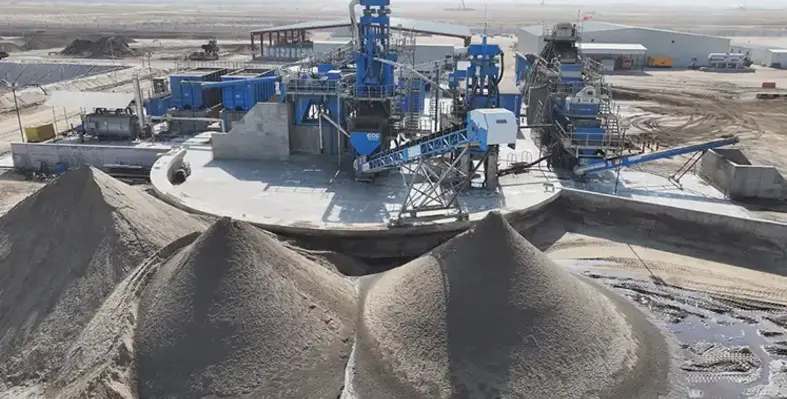A new CDE report, produced in association with Oil Review Middle East, highlights the benefits of soil washing technology for the remediation of hydrocarbon-contaminated land
Hydrocarbon-contaminated land poses a significant threat to ecosystems, economic development and human health. The Middle East region is one of the most affected, given the predominance of the oil and gas industry and contamination from legacy conflicts.
The new report, titled 'Restoring oil-contaminated land through washing technology' discusses the scale and impact of the problem and how advanced soil washing technology not only effectively restores contaminated land with relatively low carbon footprint and operating costs, but turns it into re-usable materials, converting waste into a valuable resource.
The Middle East therefore presents a significant opportunity for this technology, given governments and industries are increasingly prioritising sustainable construction, land remediation and circular economy practices.
The report includes real-world case studies from the region. In Kuwait, two CDE soil washing plants have to date processed more than eight million tonnes of oil-contaminated land, producing re-usable sand and aggregates with less than 1% residual contamination. While in Saudi Arabia a CDE plant converts oil-impacted waste into reusable materials, aligning with Vision 2030 circular economy objectives and sustainable construction initiatives.
Download the report, 'Restoring oil-contaminated land through washing technology'.








